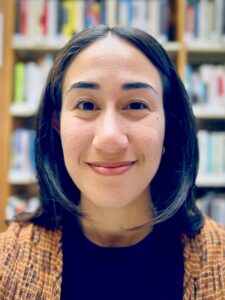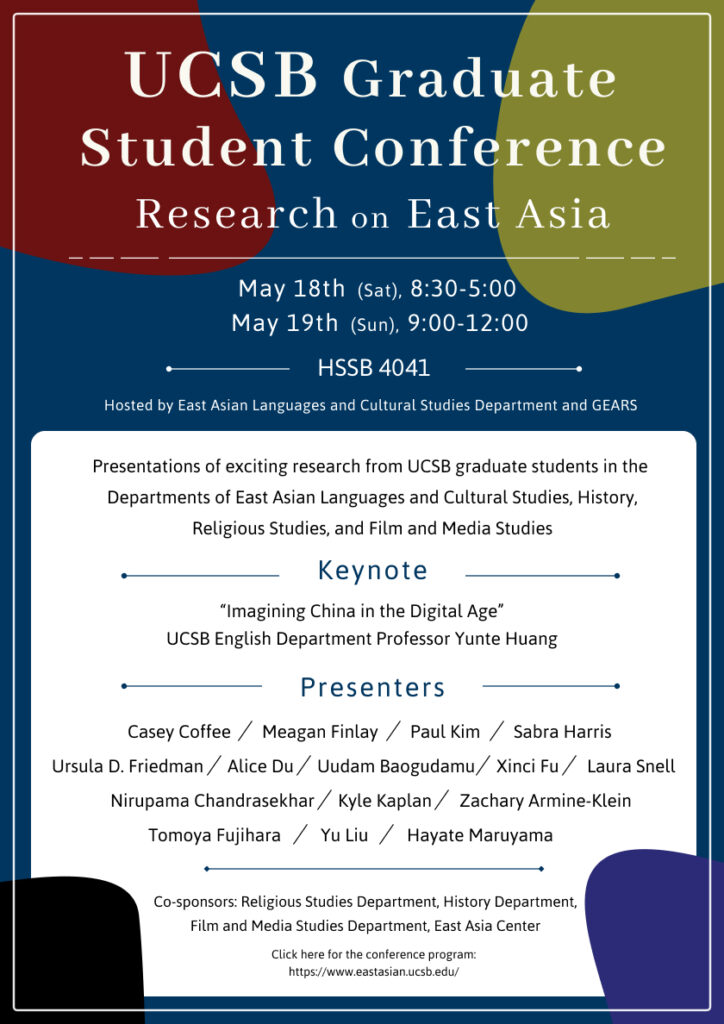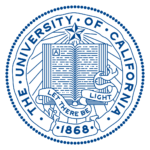Job #JPF02763
East Asian Languages and Cultural Studies / College of Letters & Science – Humanities and Fine Arts / UC Santa Barbara
Apply now: https://recruit.ap.ucsb.edu/JPF02763/apply
View this position online: https://recruit.ap.ucsb.edu/JPF02763
POSITION OVERVIEW
Salary range: See Table 15 for the salary range for this position. A reasonable estimated full-time rate for this position at 100% time is $66,259-$72,404.
Percent appointments may vary.
Percent time: 100%
Anticipated start: July 1, 2024
APPLICATION WINDOW
Open date: May 2, 2024
Next review date: Thursday, May 23, 2024 at 11:59pm (Pacific Time)
Apply by this date to ensure full consideration by the committee.
Final date: Sunday, Jun 30, 2024 at 11:59pm (Pacific Time)
Applications will continue to be accepted until this date, but those received after the review date will only be considered if the position has not yet been filled.
POSITION DESCRIPTION
The Department of East Asian Languages and Cultural Studies at the University of California, Santa Barbara invites applications for a full-time Lecturer in Japanese Language. The successful candidate will be expected to teach Japanese language courses at all levels (elementary through advanced) and to work closely with the program coordinator to prepare course materials, to supervise teaching assistants, and to organize program-related events. This is a full-time, benefits-eligible appointment for the 2024-2025 academic year with possibility of renewal contingent upon satisfactory performance, availability of resources, and the needs of the program.
Candidates must be legally authorized to work in the United States without the need for employer sponsorship.
The University is especially interested in candidates who can contribute to the diversity and excellence of the academic community through research, teaching,
and service as appropriate to the position
QUALIFICATIONS
Basic qualifications (required at time of application)
– MA in Japanese language pedagogy, applied linguistics, linguistics, or a related field, at the time of application.
Additional qualifications (required at time of start)
– Two years of experience in higher education, preferably in the United States, teaching Japanese language courses (elementary through advanced levels),
and evidence of effective teaching.
– Native/near-native proficiency in both Japanese and English, as evidenced through application materials.
APPLICATION REQUIREMENTS
Document requirements
– Curriculum Vitae – Your most recently updated C.V.
– Cover Letter
– Statement of Teaching
– Statement of Teaching Effectiveness – Quantitative data and samples of qualitative data from teaching evaluations.
– Sample Syllabi – Sample syllabi for at least two different levels of language instruction.
– One Lesson Plan – One lesson plan for one unedited video of classroom language teaching or a recording of a class delivered by remote instruction.
Please upload the video to SNS such as YouTube and include a video link in the lesson plan.
Reference requirements
– 3 letters of reference required
Applicants should provide the names and contact information for 3 references and must request letters of reference within the system in order to complete
application requirements.
Apply link: https://recruit.ap.ucsb.edu/JPF02763
Help contact: rebeca_adam@ucsb.edu
ABOUT UC SANTA BARBARA
The University of California is an Equal Opportunity/Affirmative Action Employer. All qualified applicants will receive consideration for employment without regard to race, color, religion, sex, sexual orientation, gender identity, national origin, disability, age or protected veteran status. For the University of California’s Affirmative Action Policy please visit: https://policy.ucop.edu/doc/4010393/PPSM-20. For the University of California’s Anti-Discrimination Policy, please visit: https://policy.ucop.edu/doc/1001004/Anti-Discrimination.
As a condition of employment, you will be required to comply with the University of California Policy on Vaccination Programs, as may be amended or revised from time to time. Federal, state, or local public health directives may impose additional requirements.
JOB LOCATION
Santa Barbara, CA




 Please join us for an in-person conversation between EALCS Professors
Please join us for an in-person conversation between EALCS Professors 



